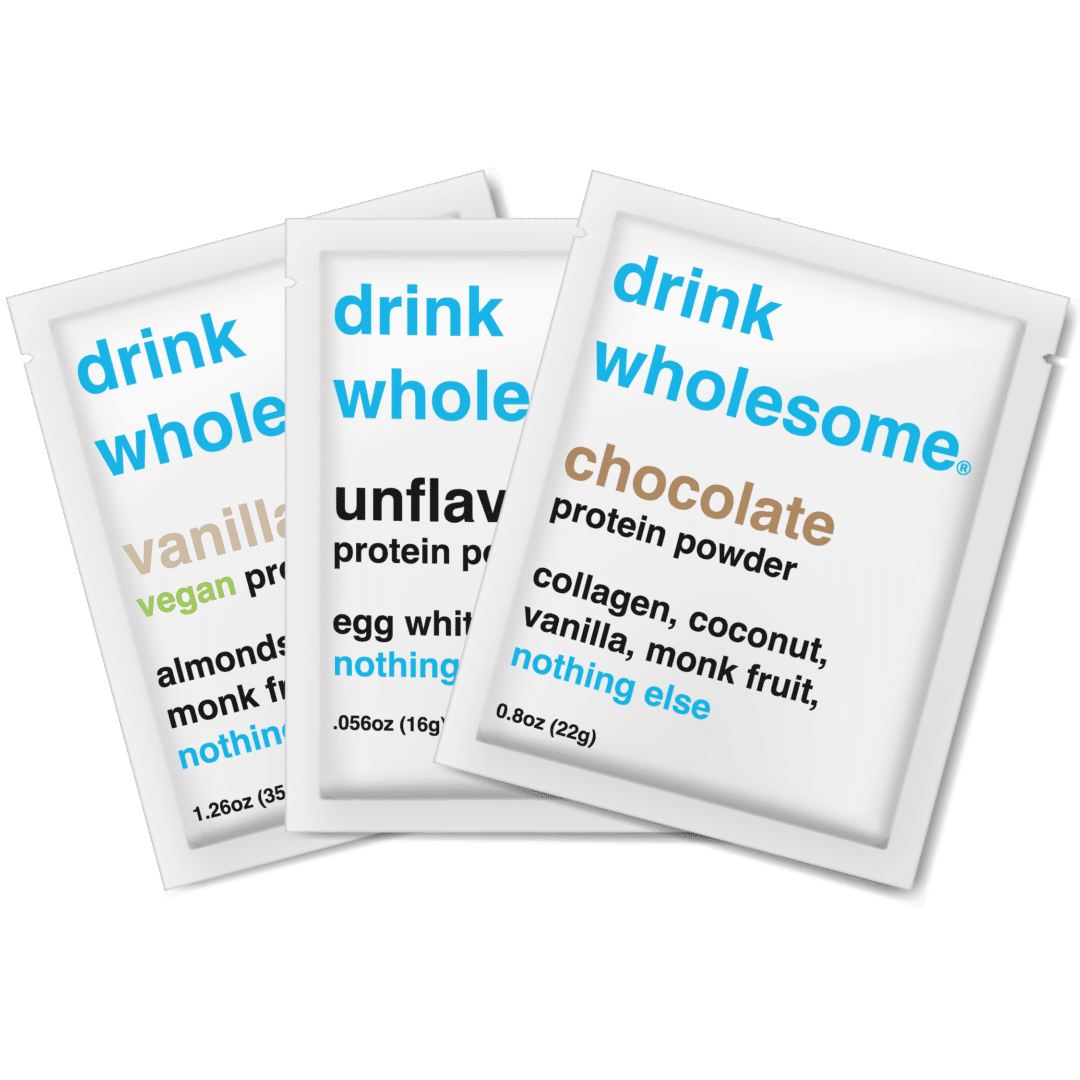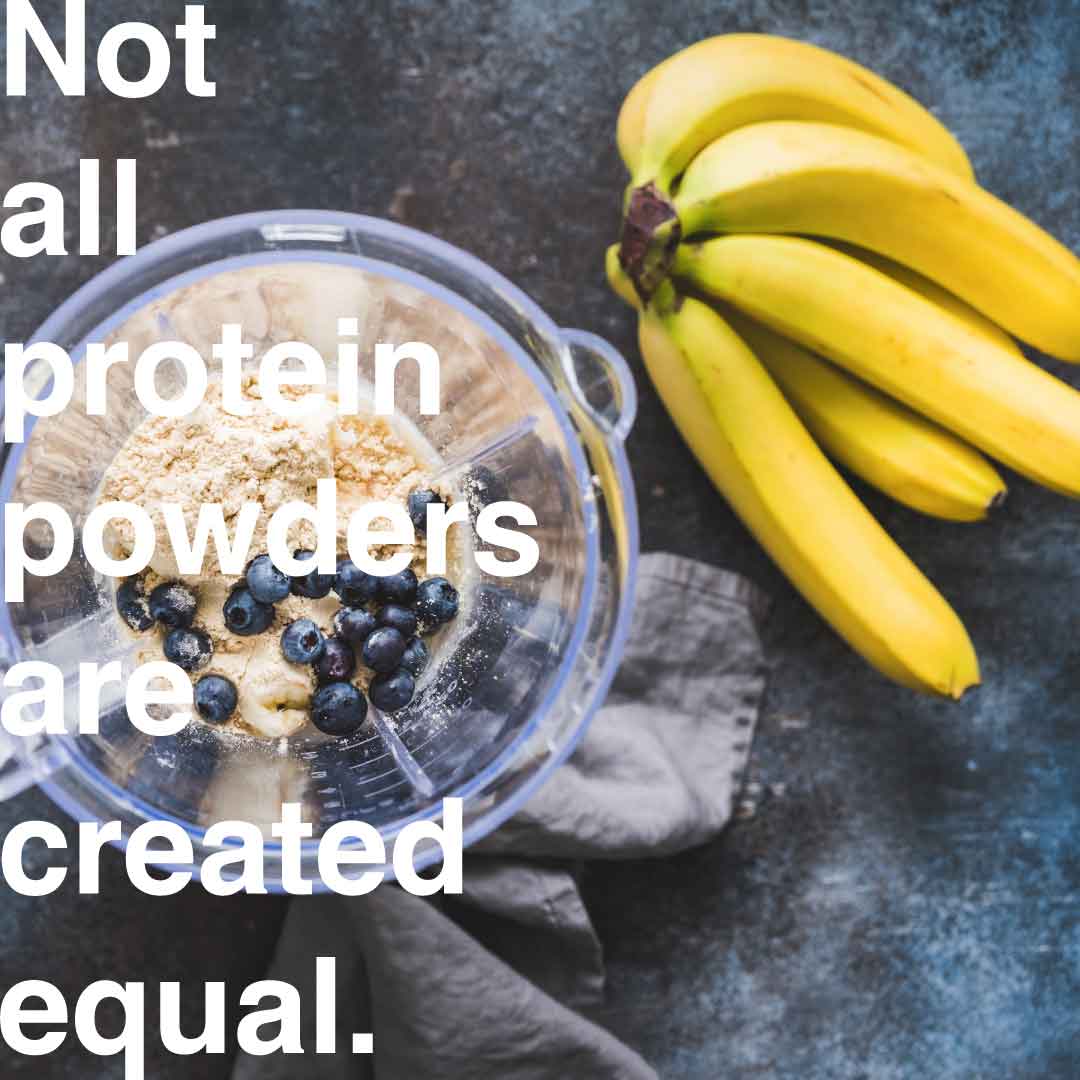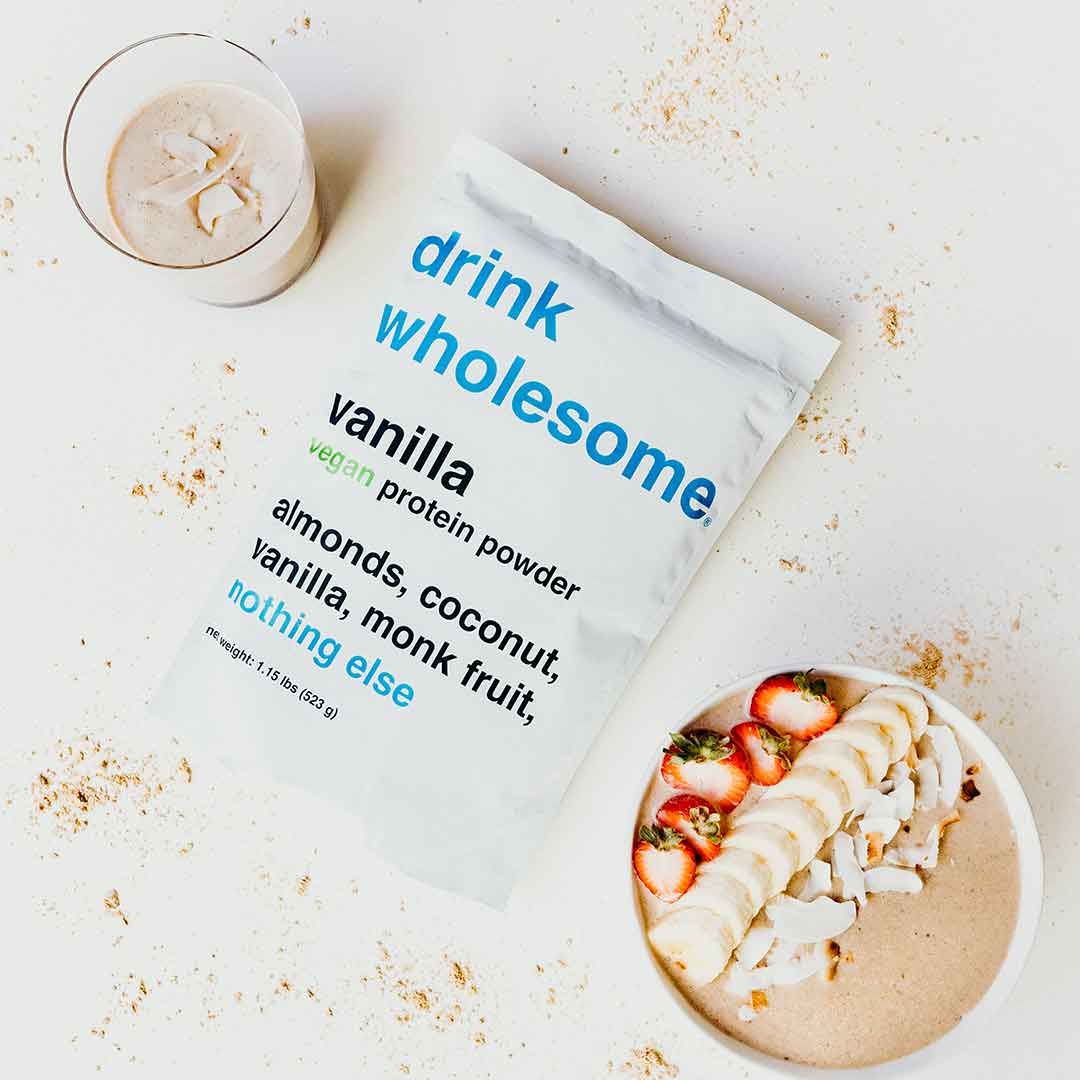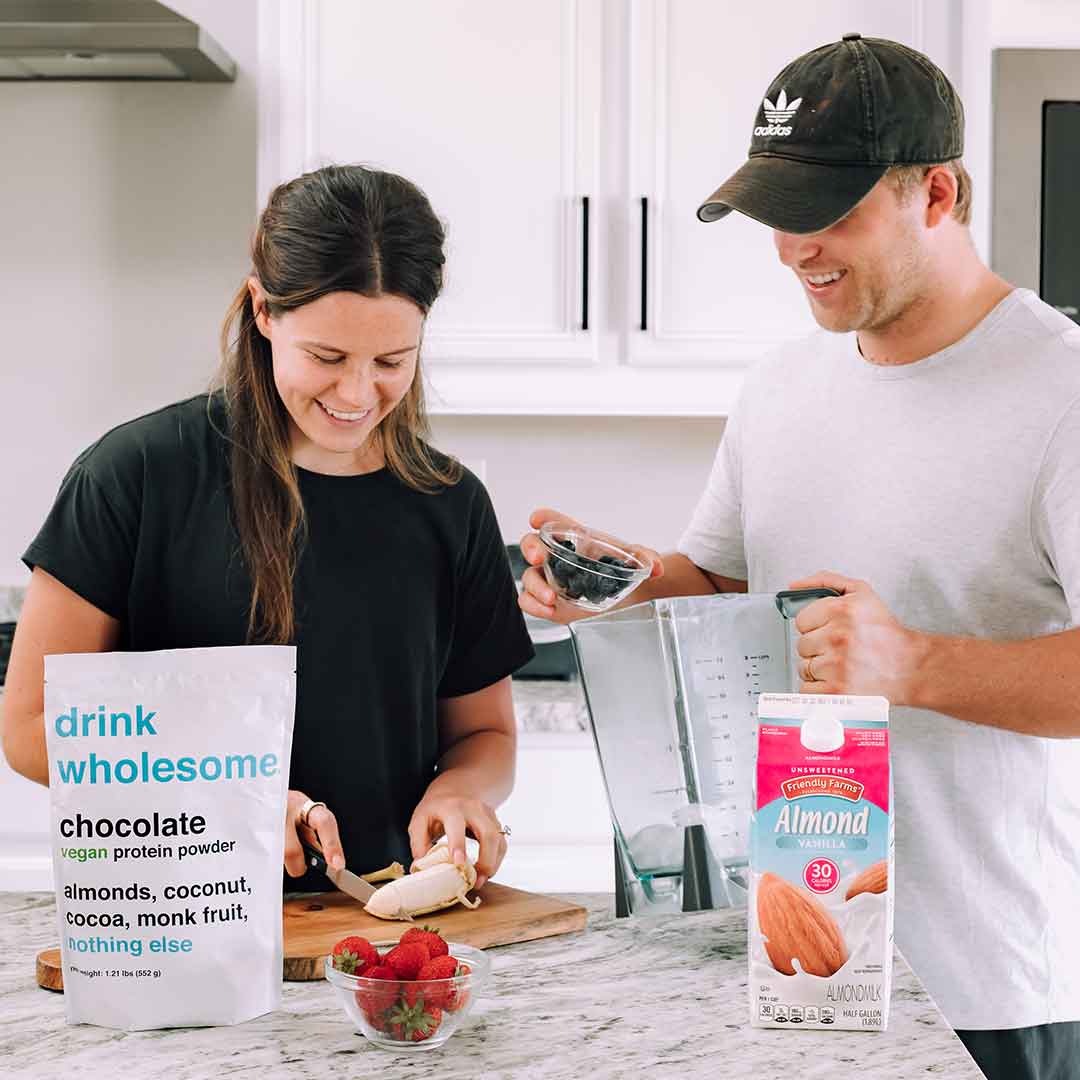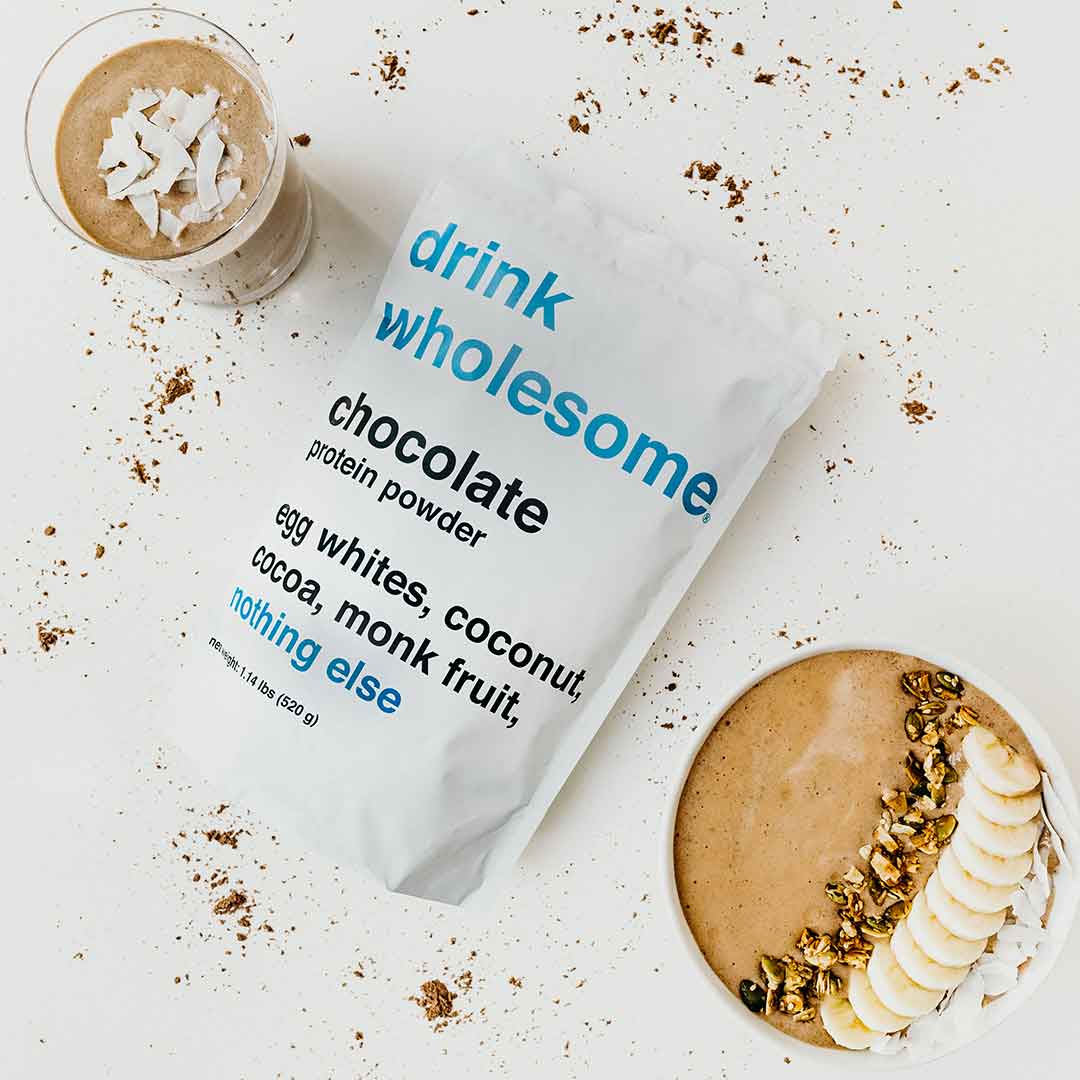What is the best protein powder for pancreatitis?
There are two types of protein supplements: ready-to-drink (store-bought) protein shakes, and protein shakes made with protein powder. In order to make a protein shake with protein powder, you have to mix the powder with milk or water. This requires a blender or a shaker bottle, and a little extra time and effort. Some people, prioritizing convenience, prefer to buy ready-to-drink protein shakes, but if they knew what they were drinking, they would probably feel sick to their stomach.
Ready-to-drink protein shakes are full of emulsifiers, stabilizers, thickeners, sweeteners, and flavors. Ingredients like these improve characteristics like taste, texture, and shelf stability, but can cause uncomfortable side effects and disruptions to your gut microbiome (gut dysbiosis), the collection of microorganisms that help you digest food.
This is worrisome because gut dysbiosis may play a role in pancreatic disorders. Damage to your gut can result in increased gut permeability, which may lead to the translocation of intestinal bacteria, necrosis (death) of pancreatic tissue, and infection. It is also known that diseases affecting the pancreas already influence the gut microbiome. For instance, studies into gut microbiota composition and diversity in patients with chronic pancreatitis and found significant microbiota dysbiosis.
Although a deeper understanding of the relationship between the gut microbiome and pancreatitis is still needed, it is safe to say that prioritizing your gut health is important. This is why I recommend that you make your own protein shakes with protein powder instead of buying ready-to-drink protein shakes. That said, not all protein powders are created equal, and many contain the same additives found in ready-to-drink protein shakes!
One of the reasons why we make the best protein powder for pancreatitis is that we do not use food additives. Most protein powders, on the other hand, are full of food additives. Although not necessarily bad for you in small quantities, additives can add up quickly (especially if you drink a protein shake every day), and cause gastrointestinal (GI) side effects like bloating, constipation, diarrhea, gas, and stomach pain.
Food additives are hard to digest, and sit in your gut for longer than food should, which gives your gut bacteria more time to eat. As they eat, these bacteria produce gas, causing bloating and stomach pain. Gas also slows colonic transit (the amount of time it takes food to travel through the colon), which can lead to constipation. In the long term, food additives can disrupt regulatory pathways in the intestine and trigger the development of inflammatory bowel disease (IBD) and systemic inflammatory disorders.


